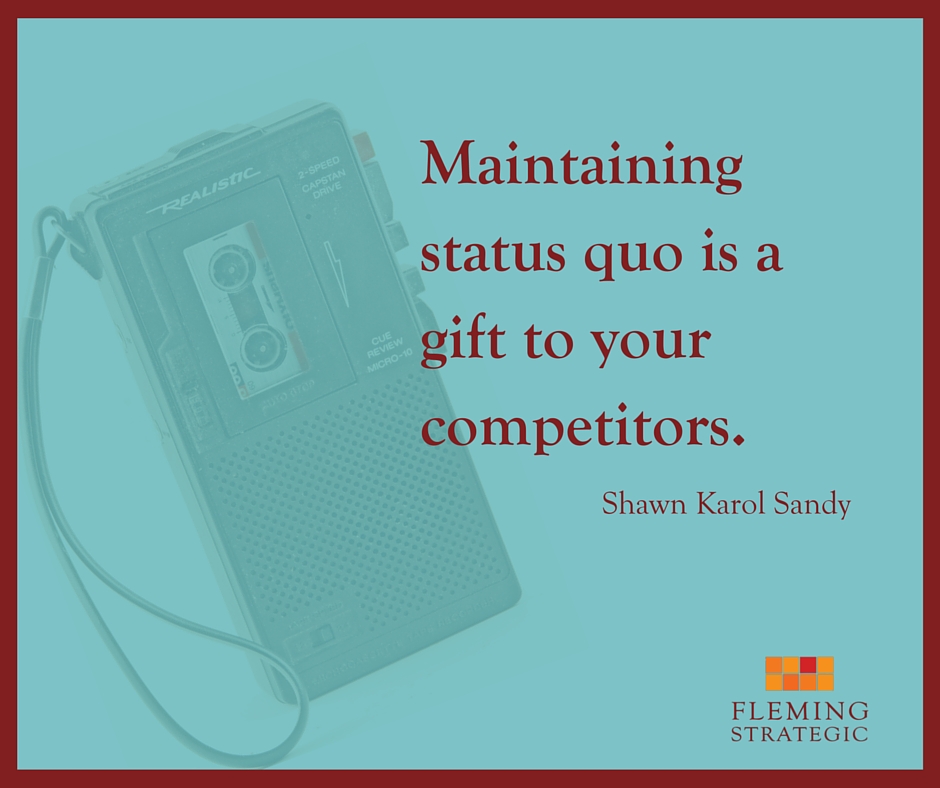The Lost Generation of Associates Former GE General Counsel Ben W. Heinemann, Jr. and Harvard Law professor David B. Wilkins have written an article outlining some of the challenges that associates in large law firms face:
At the 250 largest law firms, the arrows are pointing up for many associate indicators. Summer internships are up. Incoming associate classes are up. Recruiting costs for both summer and first-year associates, in dollars and in partner time, are up. Salaries are up ($160,000!). Bonuses are up ($50,000!). Concierge services are up. Stress management services are up. Twenty-five percent of the 40,000 graduating law students today go to these 250 firms, by some estimates.
But for all this effort, one critical indicator is down. The larger law firms are reported to be losing 30, 40, 50 percent of associates after three to four years-with half to two-thirds of the defections due to associate, not firm, choice. Where do they go? Smaller firms, more competitive firms in the same city, firms in other cities, in-house, government, teaching, nonlegal jobs. The After the JD study of 4,000 graduates in the class of 2000-conducted jointly by the American Bar Foundation, Harvard Law School’s Program on the Legal Profession, and others-indicates such churn.
The more important question is: Why do they go? Some associates just wanted to pay off law school debts and had no intention of staying. Others are balancing two careers and need to follow a spouse. Some are lured away by higher-paying jobs in banking, private equity, or hedge funds. Or they don’t want the Faustian bargain of higher pay for more billable hours and a job that skews the work/life balance too far toward work. Finally, some do not want to stay for the likely rejection four or five years hence at the entrance to equity partner Valhalla-or don’t view it as Valhalla at all.
But on the basis of many discussions with students, associates, partners, and inside counsel, we believe that for a significant number, their first professional experience after at least seven years of higher education is too unprofessional and demoralizing. That disappointment is a major reason for leaving their firm.
They then suggest some solutions, such as allowing associates to observe client meetings (at no cost to the client), seconding 3rd or 4th year associates to clients or government agencies for a year, encouraging pro bono work, and developing a strong, respected professional development training program that would incorporate competency models, training materials, planned experiences, measurable milestones, internal career counseling, and communication with and mentoring by partners.
Mistakes were made… The Snark has written a humorous piece on mistakes and how to deal with them, and it wraps up with good advice:
PLAN C: FESS UP
This is the hardest plan to implement because you fear finally being discovered for being imperfect and possibly over-rated. Will you be fired? Will it go down in your “file” only to rear its head in four years when you are denied admission into the partnership and the only reason they can give is, “Back in your second year, you missed that 1 p.m. meeting with our best client, MegaCorp.”
But I think in the end it is better to fess up. Just don’t do it in a way that makes things even worse: no crying, sniveling or begging for mercy. And no need to shave your head or hold a press conference.
You just need to explain yourself while displaying the appropriate level of remorse blended with confidence that says, “Yes, I screwed up that once, but it was an uncommon lapse that will be rectified. I will work even harder and bill a few extra hours to make up for lost faith in my value.”
Provided your mistake didn’t actually cause lost revenue or client relationships, you likely will be forgiven. But don’t let it happen again. You get paid way too much money to make mistakes.
How do you see time? Stephanie West Allen has linked to an interesting op-ed from the New York Times:
Believing time is money to lose, we perceive our shortage of time as stressful. Thus, our fight-or-flight instinct is engaged, and the regions of the brain we use to calmly and sensibly plan our time get switched off. We become fidgety, erratic and rash.
Tasks take longer. We make mistakes — which take still more time to iron out. Who among us has not been locked out of an apartment or lost a wallet when in a great hurry? The perceived lack of time becomes real: We are not stressed because we have no time, but rather, we have no time because we are stressed.
This reminds me of one of my favorite stressed-for-lack-of-time interventions: find a watch with a second hand, stop what you’re doing and simply watch the clock while the minute passes. For many people (me included) that exercise helps me to reset my brain and realize that a minute actually is a significant amount of time, which in turn helps me to feel less stressed about the minutes flowing by.

